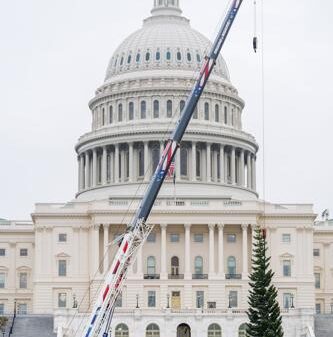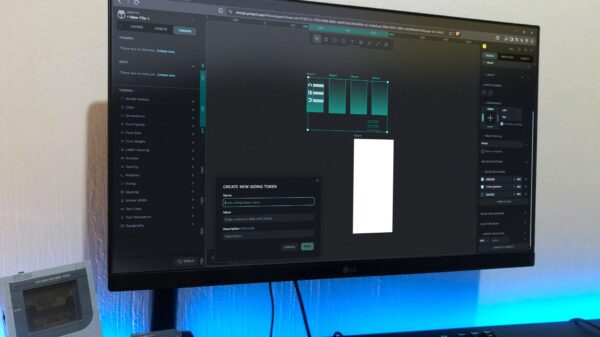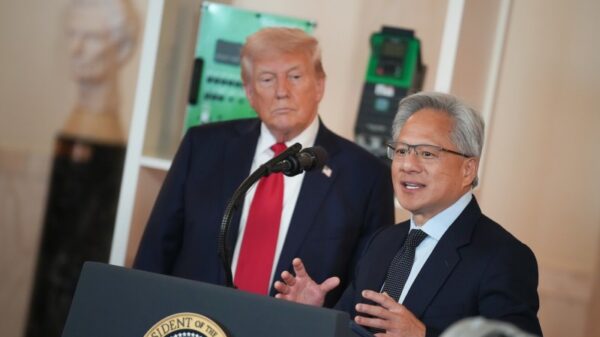UPDATE: A federal judge is set to announce a critical ruling on the deployment of the Oregon National Guard by Sunday, October 8, 2023. This decision follows a tense three-day trial that has left Portland residents and hundreds of soldiers in a state of uncertainty.
During the trial, presided over by US District Judge Karin Immergut, it was revealed that National Guard troops were present at Portland’s ICE facility even after Immergut issued a restraining order preventing their deployment. This shocking disclosure has raised questions about the Trump administration’s compliance with judicial authority.
The case revolves around President Trump’s controversial decision to send 400 National Guard troops to the facility, which has faced ongoing protests. Federal attorneys argue that Trump possesses the authority to deploy troops in response to what they describe as escalating violence outside the facility. Conversely, state attorneys contend this action represents a severe infringement on Oregon’s sovereignty.
“The government cannot create the very emergency they propose to resolve,” stated Oregon attorney Scott Kennedy. The judge’s decision is expected to prompt rapid appeals from whichever side does not prevail, amplifying the urgency of the situation.
Earlier testimony revealed that as many as 10 soldiers remained at the ICE facility hours after Immergut’s order was enacted on October 4, 2023. Justice Department attorney Eric Hamilton admitted that these troops were on-site until as late as midnight, raising potential contempt issues regarding the judge’s ruling.
The plaintiffs, seeking to ban the deployment altogether, argue that the Trump administration misrepresents the situation in Portland. Witnesses, including a deputy regional director for the Federal Protective Service, stated they were unaware of the troop deployment until it was announced publicly.
Tensions escalated following Trump’s abrupt announcement on social media last month, throwing the administration into a legal battle with Oregon authorities. Judge Immergut is expected to finalize her ruling just as two temporary restraining orders, blocking troop movements from Oregon and across the nation, are set to expire.
Amidst conflicting narratives, the trial highlighted a fundamental disagreement on the nature of the protests. While the Trump administration described Portland as being “under siege,” local officials characterized the demonstrations as largely peaceful, with sporadic violence that law enforcement can manage.
Portland Police Commander Franz Schoening testified that the presence of National Guard troops could escalate tensions rather than alleviate them. He noted that the city is not in a state of chaos, contradicting federal claims.
The outcome of this case holds significant implications for the balance of power between state and federal authorities, as well as the future of law enforcement in Portland. As the clock ticks down to the judge’s ruling, all eyes remain on this pivotal legal battle that could reshape the state’s approach to handling protests and federal intervention.
Stay tuned for the latest updates as this story develops.








































































